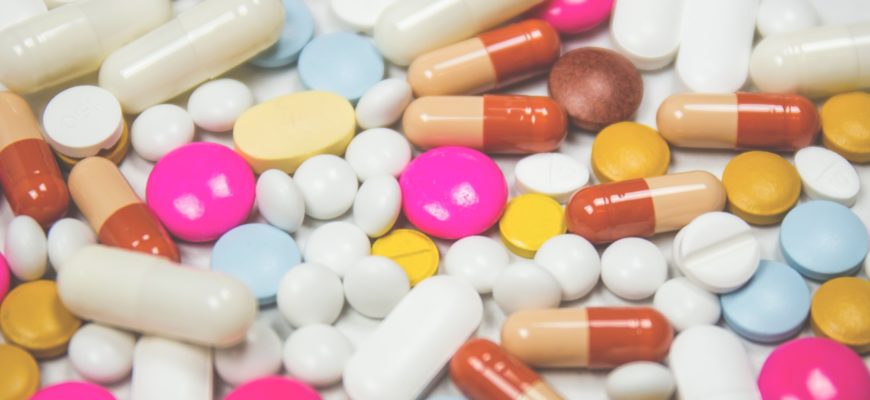
Last week on the news there was a report that the use of Proton Pump Inhibitors (PPIs), stomach acid lowering drugs such as Nexium, is linked to premature death.
I am always sceptical about what’s reported in the media about medical studies because they always seem to cherry pick the information and only tell you what they think you need to hear. In this study it indicates that there is a correlation of an earlier death of people on PPIs compared to people on H2 Blockers (a different type of drug that block histamine receptors in acid-producing cells in the stomach).
The people they used in the study were older and there were 3 times more of them than of those people taking the H2 blockers.
So yes, maybe they will die earlier because they are older or for other health reasons. It doesn’t mean that they will die earlier due to taking this medication.
There is, however, a definite concern of the over prescription of the PPI’s in the medical and natural medicine industry. So let’s look further into PPI use and how long term use can cause people to become sick.
Reflux/heartburn
PPIs are prescribed to people who have reflux, heartburn, stomach ulcers and Gastroesophageal Reflux Disease (GORD). They act by supressing acid production in the stomach to help relieve symptoms. It’s thought that, the over production of stomach acid is the main issue in these conditions, but that’s not the case at all, it’s actually because there is not enough stomach acid.
Heartburn is where the acid from the stomach rises up into the oesophagus, which causes the burning pain that people experience. You don’t have to have an excess production of acid to cause this. Heartburn is caused by a dysfunction of the lower oesophageal sphincter that separates the stomach from the oesophagus. This sphincter allows food and water to go through it to the stomach, opening only one way. It’s not a swinging saloon door unless it’s malfunctioning.
The lining of the oesophagus doesn’t have the protective layer against acid like the stomach so this why people get pain. This can mean that prolonged reflux causes structural damage.
Low Stomach acid
The stomach acid plays an important role in our health. It helps to breakdown our food, in particular protein, and it kills any bacteria and pathogens that are on our food, thereby helping the immune system. It’s also essential for absorbing B12 which is essential for energy production, DNA synthesis, nerve function etc.
Having low stomach acid or hypochloridria is a big problem. I see a lot of patients with low stomach acid due to their bacterial overgrowth. This leads to food not being digested properly so they aren’t getting the nutrients from their food. It also feeds the bacteria that cause symptoms like gas, bloating, heartburn, cramping pain and wind.
One of the major causes of reflux is Small Intestine Bacterial Overgrowth (SIBO) because it slows down the Migrating Motor Complex (MMC) which is the wave that pushes food down the digestive tract from the mouth to the anus. When food lingers in the digestive tract, it ferments and feeds the not so beneficial bacteria.
PPI use
Using PPIs will only put a band-aid on the reflux but it won’t fix the underlying cause. So when people stop using PPIs the reflux is still there. As indicated on the packet insert of the drug, it’s only meant to be used for 6-8 weeks. Long term use of PPIs causes SIBO among other conditions such as osteoporosis, other bacterial overgrowth especially Clostridium difficile associated diarrhoea, gastritis, malnutrition, mood disorders such as anxiety and depression, nutrient deficiencies and so on.
I see many clients in my clinic who suffer from reflux. It’s important to get to the bottom of what’s causing the problem. The good news is that it is a treatable condition. If you are struggling with reflux, or you have been prescribed PPI’s such as Nexium, get in touch so that we can address the cause and get you feeling well again.


Leave a Comment